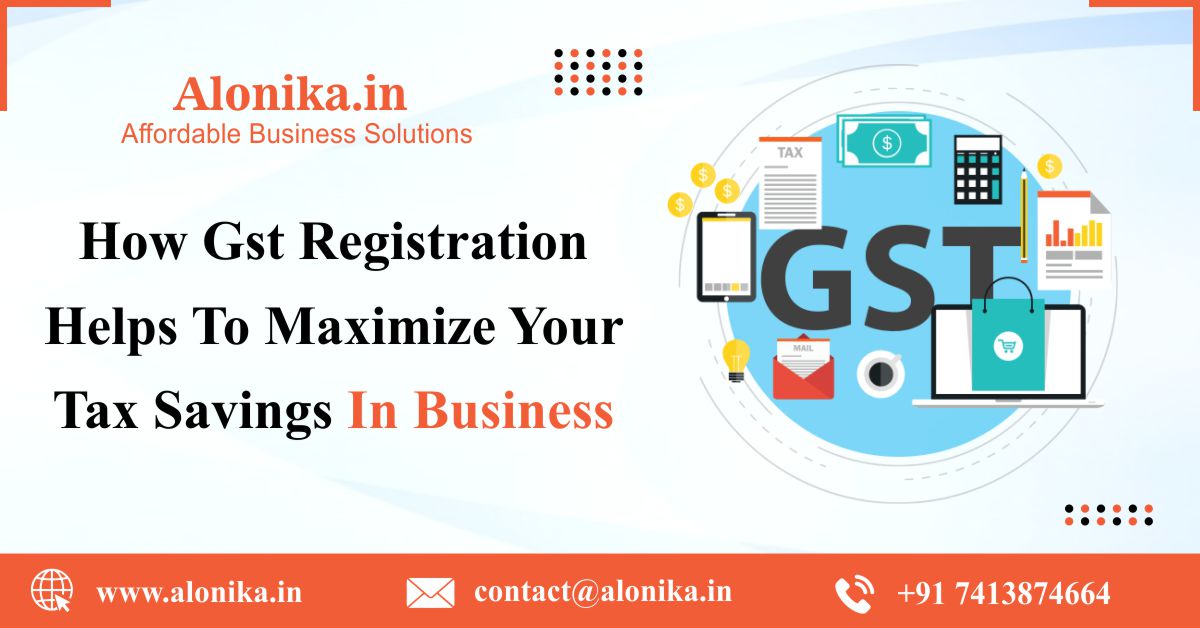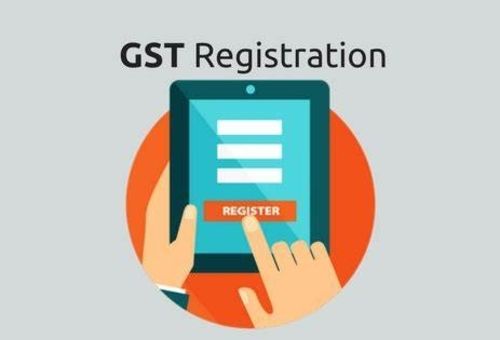Why Organizations Like the very best GST Registration Services in Singapore
Why Organizations Like the very best GST Registration Services in Singapore
Blog Article
From Start to End Up: The Ultimate Roadmap to GST Registration for Services Looking For Financial Stability
Navigating the complexities of Item and Provider Tax Obligation (GST) enrollment is an important step for organizations pursuing financial stability. From recognizing the basic concepts of GST to adhering to post-registration standards, the process can seem daunting at first glance. Breaking down the roadmap right into workable actions can improve the enrollment trip for services looking to enhance their monetary standing. Let's discover the essential parts that make up this best roadmap and uncover exactly how each stage adds to laying a strong foundation for economic success.
Recognizing GST Fundamentals
Exploring the fundamental principles of Item and Solutions Tax Obligation (GST) is important for gaining a thorough understanding of its effects on companies and the economy. GST is a value-added tax obligation imposed on most goods and solutions for residential intake. It has actually replaced multiple indirect taxes that existed in the pre-GST period, streamlining the tax structure and boosting simplicity of doing company in India. Under the GST system, both products and services are strained at a specific price, which is determined based on their classification. Services are needed to sign up for GST if their yearly turnover goes beyond the threshold limit established by the government. Input Tax Credit (ITC) is a considerable attribute of GST, enabling businesses to claim credit scores for taxes paid on inputs, minimizing the general tax obligation worry. Recognizing the basics of GST is essential for businesses to adhere to tax policies, manage their funds effectively, and add to the nation's financial development by joining a transparent tax obligation system.
Eligibility Standards for Enrollment
To register for GST, businesses must satisfy particular qualification criteria established by the federal government. The key eligibility need is that any kind of business included in the supply of items or solutions with an annual aggregate turnover above the threshold limit established by the authorities have to sign up for GST. As of the existing guidelines, the threshold restriction for GST enrollment is an annual aggregate turnover of 40 lakhs for services operating within a state, besides special category states where the limit is 20 lakhs. Furthermore, specific services are called for to register for GST irrespective of their turnover, such as interstate distributors, casual taxable persons, and services reliant pay tax obligation under the reverse cost mechanism. It is essential for organizations to extensively assess their turnover and purchase kinds to establish their GST enrollment obligations precisely. Failure to sign up for GST when eligible can result in charges and legal repercussions, making it necessary for services to follow the defined eligibility criteria.
Papers Needed for Enrollment
Having actually met the qualification standards for GST enrollment, businesses must currently ensure they have the requisite documents in place to proceed with the registration procedure effectively. The files needed for GST registration normally include evidence of organization constitution, such as collaboration act, registration certification, or unification certificate for various types of services. Additionally, organizations require to supply documents developing the principal location of service, such as a rental arrangement or power expense.
Step-by-Step Registration Process
Starting the GST enrollment procedure entails a series of organized actions to make sure a compliant and seamless registration for organizations. The primary step is to check out the GST portal and complete the enrollment form with accurate information of the business entity. Following this, the candidate obtains a Short-lived Referral Number (TRN) which is utilized to return to the application procedure if it's not completed in one go.
Following, all needed files as per the list given by the GST portal need to be published. These documents typically consist of evidence of business registration, address and identification evidence of promoters, financial declarations, and business entity's frying pan card.

Post-Registration Compliance Standards

Verdict
In verdict, companies looking for monetary security has to comprehend the essentials of GST, satisfy eligibility criteria, collect required documents, comply with the step-by-step registration process, and follow post-registration guidelines - Best GST registration services in Singapore. By sticking to these steps, organizations can make certain conformity with tax obligation laws and maintain financial security over time
Additionally, specific services are required to sign up for GST regardless of their turn over, such as interstate vendors, informal taxable persons, and organizations responsible to pay tax obligation under the reverse cost mechanism.Having fulfilled the qualification standards for GST enrollment, services need to currently ensure they have the requisite files in location to proceed with the registration procedure successfully. The records needed for GST enrollment usually consist of evidence of service constitution, such as partnership deed, registration certification, or consolidation certificate for different types of services. Additionally, companies need to offer papers establishing the principal area of company, such as a that site rental contract or electricity expense.Commencing the GST registration procedure entails a series of organized actions to guarantee a seamless and compliant registration for services.
Report this page